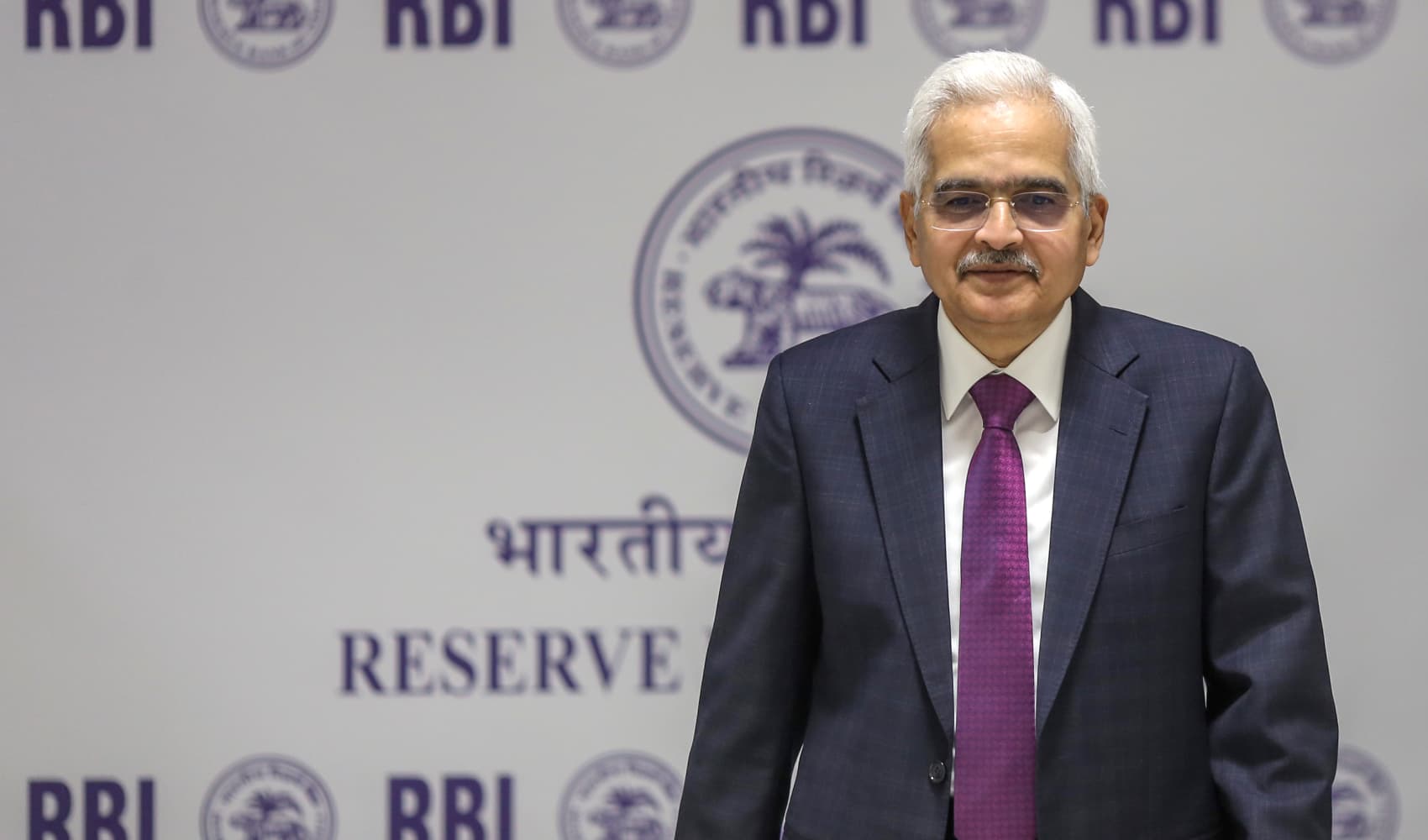
- Sen. Bernie Sanders, I-Vt., said Vice President Kamala Harris should increase her proposed 28% tax rate on long-term capital gains, marking his latest divergence with the Democratic presidential nominee's economic platform.
- President Joe Biden had proposed a capital gains tax rate of 39.6% and in 2016, Sanders campaigned for the Democratic presidential nomination with an even higher proposed rate of 54.2%.
- While he has endorsed Harris, Sanders has offered lukewarm support for her economic proposals, which have been more moderate in order to appeal to a wider coalition of voters.
Sen. Bernie Sanders, I-Vt., on Sunday said Vice President Kamala Harris should increase her proposed 28% tax rate on long-term capital gains, marking his latest divergence with the Democratic presidential nominee's economic platform.
"I would go higher than that," Sanders told NBC's "Meet the Press" of Harris' proposed capital gains tax rate. "I think she's trying to be pragmatic and doing what she thinks is right in order to win the election. My own view is slightly different."
Harris on Wednesday announced her plan for a 28% tax on long-term capital gains, assets that are owned for more than one year, an increase from the current maximum rate of 20%.
The Hurricane season is on. Our meteorologists are ready. Sign up for the NBC 6 Weather newsletter to get the latest forecast in your inbox.
That proposal softened the party line on tax reform.
President Joe Biden previously proposed a capital gains tax rate of 39.6% in his fiscal 2025 budget. In 2016, Sanders campaigned for the Democratic presidential nomination with an even higher desired rate of 54.2%.
Sanders said Harris' economic platform should go further in taxing the wealthy.
Money Report
"I think what the vice president needs is a strong agenda that speaks to working people," he said.
Sanders also remained steadfast in his opposition to the political influence of billionaires, even as Harris cultivates ties with major megadonors. She has also collected endorsements from Mark Cuban, LinkedIn co-founder Reid Hoffman and dozens of other wealthy corporate leaders.
"Am I concerned about billionaire influence over the Democratic Party? I truly am, just as I am over the Republican Party," he said.
Since Harris launched her campaign in July after Biden dropped out and endorsed her, Sanders has backed Harris but offered lukewarm support for her economic proposals.
Along with tax reform, Sanders has openly disagreed with Harris' shift against supporting "Medicare for All," the proposal to provide free universal public health care to all Americans, which she backed during her first presidential run in 2019.
Harris has been walking back some of her more progressive 2019 stances to garner wider appeal with the undecided, moderate voters who will likely determine the race.
The vice president, for example, welcomed the endorsements of former Republican Vice President Dick Cheney and his daughter, former Rep. Liz Cheney. They were the latest in a string of prominent Republicans bucking the Trump-run party.
As Harris tries to build broad support from the center, Sanders' tepid enthusiasm for her economic platform could work in her favor. By painting a contrast with one of the most progressive lawmakers on Capitol Hill, the distance between Harris and Sanders helps the Democratic nominee rebut Trump's attacks calling her a "radical left lunatic."
Despite their policy differences, Sanders supported her campaign and shown more zeal for her goals of building affordable housing and strengthening union protections.
"So yes, her views are not mine, but I do consider her progressive," Sanders said.






